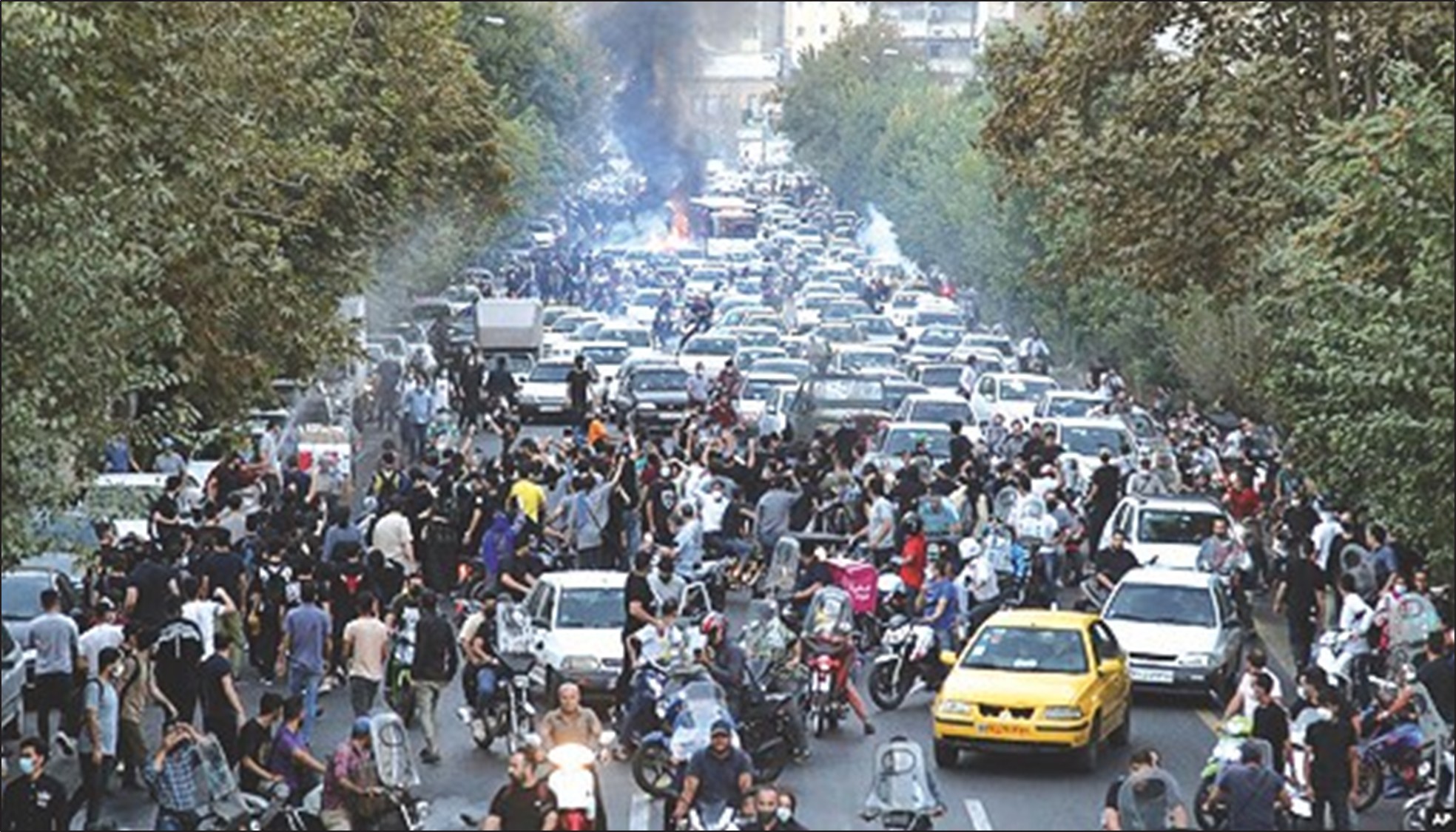November 15-2013
By Amir Taheri
Let us work, and judge us after the first 100 days,” Iran’s new president told
Tehran reporters in August.
Well, Sunday marks Hassan Rouhani’s 100th day — and it’s been disappointing even by standards he set for himself.
Elected with the narrowest majority in Iran’s 34 years of presidential elections, Rouhani set “the reduction of social and political tensions” and “the healing of wounds” as his top priority.
So far there is no sign of him even trying to heal any wounds.
The leaders of the “Green Movement” remain incarcerated, though they belong to the segment of opposition loyal to the regime.
Even those merely under house arrest must cope with goons always hovering around, ready to beat up visiting family.
In the past 100 days, “Supreme Guide” Ali Khamenei has pardoned 116 prisoners, not one of them political. Instead, the regime has arrested over 300 people on political charges, mostly in provinces where ethnic groups such as Kurds and Baluch form majorities. At least five of those arrested are individuals who led Rouhani’s provincial campaign committees.
Since Rouhani was elected, a total of 209 dissidents have been executed. In one instant, 16 political prisoners were hanged in the southeastern province of Sistan and Baluchistan in one afternoon. The number of executions since Rouhani’s election is unprecedented since the presidency of Muhammad Khatami (1997-2005).
Rouhani promised an opening of the political space and an easing of the draconian censorship rules imposed by Khatami over a decade ago. Instead, the Rouhani administration canceled licenses for two newspapers and stopped two others from appearing.
One publisher and one editor have been arrested and charged with “activities against national security.”
Rouhani has also allowed the “Islamic Guidance Militia” to impose mandatory dress codes with new vigor. Women are regularly arrested, beaten up and fined for violating the rules of Islamic hijab. Young men suffer violence for refusing to grow beards or cut their hair short.
One big Rouhani promise was to ease tension with the outside world, especially the United States. Apart from a phone call to President Obama and a few forked-tongue utterances by the new Foreign Minister Muhammad Javad Zarif, the Khomeinist foreign policy of hatred and suspicion has continued unabated.
On Monday, the 35th anniversary of the seizure of American hostages in Tehran, Rouhani organized the biggest anti-US marches Iran has seen since the Khatami years. He has appointed several “alumni” of the hostage-holders to key posts, including vice president and defense minister.
His promise to tone down Tehran’s military intervention in Syria has also been rolled back. Brig-Gen. Muhammad Jamalizadeh, a senior commander of the Quds Corps, the unit in charge of “exporting revolution” was killed this week in combat in Syria. By best estimates, over 500 Quds members are in Syria, mostly to command units of the Lebanese Hezbollah.
Rouhani also promised “heroic flexibility” on the nuclear issue. In reality, however, he has hardened the regime’s discourse by repeatedly insisting that Iran will not accept UN Security Council resolutions demanding an end to uranium enrichment and the transfer out of Iran of the uranium already enriched.
And he promised to ease tension with Iran’s neighbors. Yet the past 100 days show an increase in tension. Iranian troops opened fire on a position inside Pakistan, ostensibly in pursuit of terrorists who attacked an Iranian border post and killed 16 members of the Revolutionary Guard. It also exchanged gunfire over the Afghan frontier in a dispute over sharing water from the border river Harirud.
Nothing symbolizes Rouhani’s attachment to the Khomeinist ideology of terror and repression than his administration’s tributes to an octogenarian terrorist-cum-businessmen who passed away in Tehran this week — Habib-Allah Asgar-Owladi Mussulman, a founding member of the Fedayeen Islam terror group, of which the late Ayatollah Khomeini was a member.
In his autobiography, Mussulman boasts of his role in assassinations carried out by the Fedayeen in the 1940s, ’50s and ’60s, including the murder of a leading secular intellectual and a reformist prime minister.
Even with the best of wills, Rouhani couldn’t change the DNA of a regime based on duplicity, hatred, repression and terror — not in 100 years, let alone 100 days.
Amir Taheri writes for the New York Post. His latest book is The Persian Night: Iran Under the Khomeinist Revolution.























